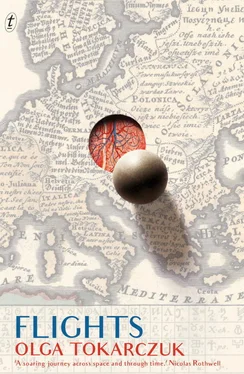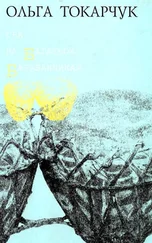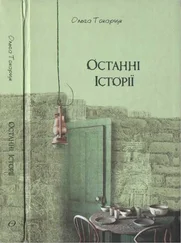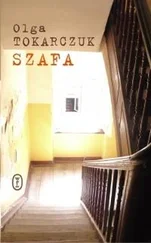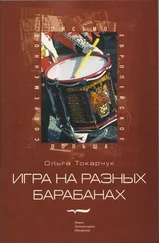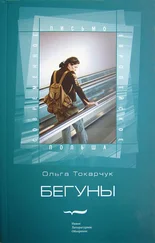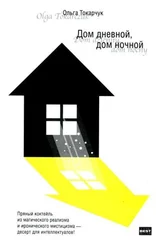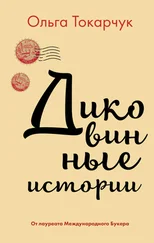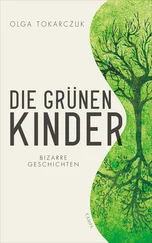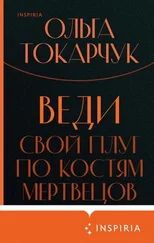He only reads what’s written in Polish, in the Latin alphabet. ‘1. (On measure.) Due measure, appropriateness, moderation; difference; meaning. 2. (On place.) A vital, sensitive place in the body. 3. (On time.) Critical moment, right time, appropriateness, opportunity, nick of time, the propitious time is fleeting; those who turned up unexpectedly; miss the moment; when the right time comes, help in the event of a storm, on time, when the opportunity arises, prematurely, critical moments, periodic states, the chronological sequence of facts, situation, state of things, placement, ultimate danger, benefit, use, to what aim?, what will help you?, where would be convenient?’
That’s one dictionary. The next, older – Kunicki goes over the tiny entries with his eyes, passing over the Greek words and stumbling over old spellings: ‘in good measure, moderation, correct relations, attain an aim, overmuch, the appropriate moment, a suitable time, a nice moment, a convenient occasion, just here, time, hour, and in plural, circumstances, relations, times, cases, incidents, decisive moments of the revolution, dangers; the occasion is convenient, the occasion suits, it comes in time. It is also said: something happens at the appropriate time.’ In the newest dictionary they finally give the pronunciation in brackets: [kieros]. And: ‘weather, time, season, what’s the weather?, now is grape season, wasting time, from time to time, one time, how long? this was needed long ago.’
Kunicki looks around the reading room in despair. He sees the tops of heads leaned over books. He returns to the dictionaries, reads the previous entry, which looks similar, only different by one letter: καιριος. And here there’s still more: ‘done in time, purposeful, effective, lethal, fatal, question solved and: a dangerous place on the body where wounds are effective, what is always on time, what always has to happen.’
Kunicki gathers his things and heads home. At night he finds on Wikipedia a page about Kairos, from which he simply learns that it’s a god, of little importance, forgotten, Hellenic. And that this god was discovered in Trogir. That museum has its image, so she wrote down the word. Nothing more.
When his son was still a baby, when he was an infant, Kunicki had never thought of him as a person. And that was fine, because then they were close. People are always far away. He figured out how to change his nappies as efficiently as possible, he could do it in just a couple of swift motions, almost imperceptibly, but for the sound of nappies. He would submerge his little body in the bath, wash his belly, and then carry him still wrapped up in his towel into his room, where he would put him in his pyjamas. That was easy. When you have a little kid, you never have to think about anything, everything is obvious and natural. Attaching child to breast, and his weight; his smell – familiar and heart-warming. But children aren’t people. Children become people when they wriggle out of your arms and say ‘no’.
Kunicki is unnerved now by the silence. What was the child doing? He stands in the doorway and sees the child on the floor, surrounded by blocks. He sits down next to him and picks up one of his little plastic cars. He moves it along the painted road. He doesn’t know if he’s supposed to start off with a story: once upon a time there was a little car that got lost. He’s getting his mouth ready to speak when the boy rips the toy from his hands and gives him something else – a wooden truck carrying blocks in the back.
‘We’re going to build,’ says the child.
‘What are we going to build?’ improvises Kunicki.
‘A little house.’
Alright then, a little house. They position the blocks in a square. The truck brings the materials.
‘Hey, what if we build an island?’ says Kunicki.
‘No, a house,’ says the child as he plops the blocks down willy-nilly, one on top of the other. Kunicki delicately rearranges, so that the whole house doesn’t come crashing down.
‘But do you remember the sea?’ says Kunicki.
The child assents, and the truck empties out a new supply. Now Kunicki has no idea what to say or what to ask. He might point to the rug and say, this rug is the island, and we are on the island, but the boy is lost on the island, and daddy is worried, because where could his little son be? Which is what he says, but it doesn’t really work.
‘No,’ insists the boy. ‘Let’s build a little house.’
‘Do you remember when you and mummy got lost?’
‘No!’ screams the child, gleefully tossing blocks onto the little house.
‘Have you ever got lost?’ Kunicki asks again.
‘No,’ says the child, and the truck crashes into the newly constructed house at full speed. The walls fall down. ‘Boom! Boom!’ laughs the boy.
Kunicki begins patiently to build it back up again.
When she comes home, Kunicki first sees her from the floor, just like the child. She’s large, flushed from the cold, suspiciously excited. Her lips are red. She tosses a red (or maybe mauve, maybe plum) shawl onto the arm of a chair and hugs the child. ‘Are you guys hungry?’ she asks. Kunicki feels as though a wind has come with her into the room, the cold, blustery wind that comes off the sea. He would like to say, ‘Where were you?’ But he can’t afford to.
In the morning he has an erection and has to turn away from her; he has to hide these inconvenient notions the body sometimes gets, so that she won’t read them as encouragement, attempts at reconciliation, any type of attachment. He turns to face the wall and celebrates the erection, that purposeless readiness, that state of alert, that adherent, taut extremity; he has it all to himself.
The tip of his penis rises like a vector, pointing out the window, towards the world.
Legs. Feet. Even when he stops, when he sits down, they seem to keep going, they can’t restrain themselves, they cross a given space in small, hurried steps. When he wants to restrain them, they rebel. Kunicki is afraid his legs will break out into a run, whisk him off, take him a way he would never agree to, will leap up into the air like they’re folk dancing, against his will, or they’ll go into the gloomy courtyards of mouldy old stone buildings, work their way up someone else’s stairs, pull him up through hatches and onto steep, slippery roofs and make him walk along the scaly roofing tiles, like they would a sleepwalker.
It must be because of his restless legs that Kunicki can’t sleep: from the waist up he’s calm, relaxed, and sleepy; from the waist down – insuperable. He’s obviously made up of two people. His upper person wants calm and justice; his downward person is transgressive and ignores all principles. His upper person has a name, an address, a social security number; there’s not really anything his downward person can say for himself, in fact he’s had it up to here with himself.
He’d like to quiet his legs, rub a soothing ointment into them; as a matter of fact, this internal tickling sensation is painful. He finally takes a sleeping pill. He restores his legs to order.
Kunicki tries to control his own extremities. He invents a way of doing so: he lets them be in constant motion, even just his toes in his shoes, while the rest of his body is at rest. And when he sits down – he releases them then, too: let them be uneasy. He peers down at the toes of his shoes and sees the delicate movement of the leather as his feet begin their obsessive marching in place. But he also takes frequent walks around town. He thinks that this time he will have crossed all the possible bridges over the Odra and the canals. That he will not have missed a single one.
The third week of September is rainy and windy. They have to get their autumn things out of storage, jackets and rubber boots for the child. He picks him up from nursery school; they walk quickly to the car. The boy jumps into a puddle and splashes water everywhere. Kunicki doesn’t notice, he’s thinking about what to say, stringing together sentences. Such as, ‘I’m concerned the child may have had a kind of shock,’ or, with more self-confidence, ‘I believe my son has experienced a shock.’ Now he remembers the word ‘trauma’. ‘To experience trauma.’
Читать дальше
